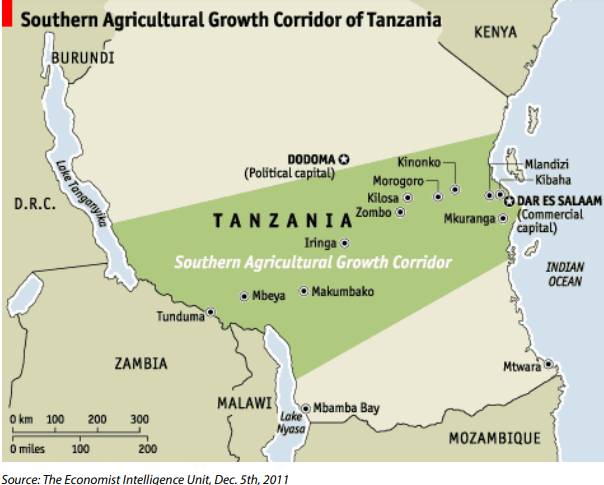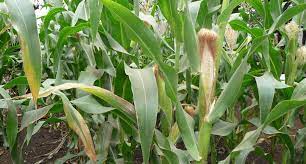AGRA President Agnes Kalibata Spearheads Call for Revolutionary Trade Models at AfCTA Session
By Elizabeth Shumbusho
Dr Agnes Kalibata, the president of AGRA Africa, set a transformative agenda at a crucial session of the Africa Continental Free Trade Area (AfCTA), held on the fringes of the World Economic Forum in Davos. The session, intricately themed ‘Movers and Shakers in Transformation: How Sustainable Business Models Are Delivering Africa’s Climate and Food Agenda,’ was a strategic initiative by AGRA, aiming to catalyze impactful advancements and meet the UN Sustainable Development Goals during the prestigious annual meeting.
Kalibata’s opening remarks underscored the urgency for a paradigm shift in the continent’s approach to food security and trade. This sentiment was profoundly echoed by Wamkele Mene, AfCTA’s Secretary-General, who highlighted the continent’s vulnerability in food imports, a situation exacerbated by global crises such as the recent Russia-Ukraine conflict. Mene identified the inherent paradox within the African continent: a region abundant in agricultural potential yet crippled by the absence of cohesive trade models and partnerships across the food value chain.
The session spotlighted specific national predicaments and opportunities, with Zimbabwe’s case presented as a stark example. Despite its status as a leading maize producer, the country faces staggering post-harvest losses. Mene detailed initiatives, including a promising collaboration between the Zimbabwean government and a Swiss company, aimed at introducing advanced post-harvest technologies to combat these losses.
Mene further emphasized the foundational role of policies like the Comprehensive Africa Agriculture Development Programme (CAADP) and the African Organization of Standards in fostering a conducive environment for agriculture and trade. He advocated for a synergistic approach, integrating robust trade regulations and models designed to escalate food productivity, projecting a positive outlook for the continent’s food security.
Complementing these insights, Marisa Soars from Yara Asia and Africa, stressed the critical need for inclusivity in the envisioned trade models. She underscored the success of inclusive, collaborative efforts in enhancing rice production and trade in Tanzania, advocating for similar partnership-driven approaches across the continent.
A representative from Rabobank highlighted the importance of sustained, long-term collaborations that extend beyond immediate crisis responses, citing the Sustain Africa Initiative as a testament to the enduring impact of strategic partnerships.
The session also delved into the transformative potential of technology in agriculture, with a focus on making data accessible and affordable, especially for smallholder farmers. The need for comprehensive digital education to keep the farming community abreast of technological advancements was also emphasized.
Kalibata reiterated the session’s primary objectives: to critically assess the challenges plaguing Africa’s agricultural sector and to collectively formulate robust strategies that would enhance intra-African trade, boost production, and ensure food security. The discourse at Davos mirrored a steadfast commitment to fostering an empowered, self-sufficient Africa through innovation, collaboration, and strategic policy-making.


